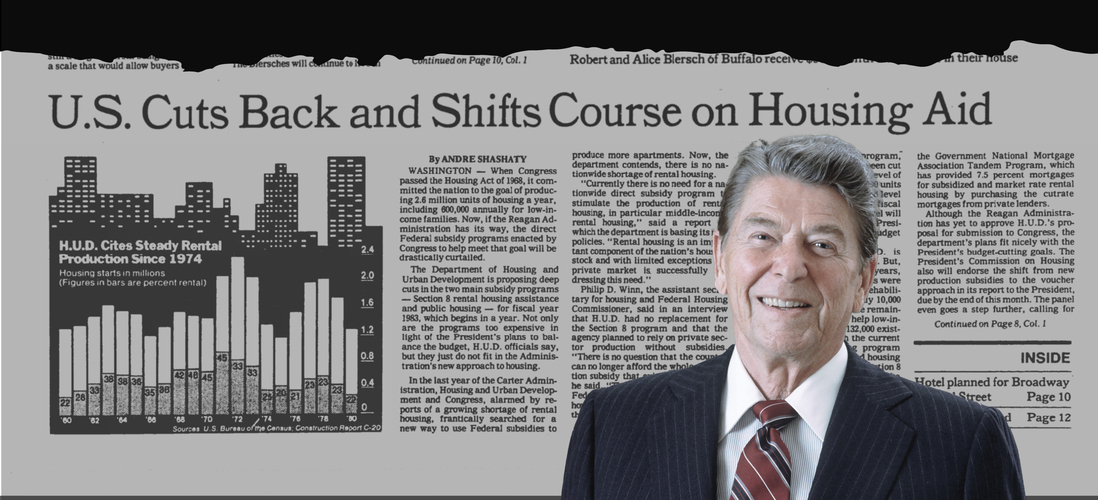GUILFORD — Recently, I read a story about a family of four - granted, two were very young - who were so excited about all the money they were saving living in a tiny house.
I read another story about a young man who had no cash, so he has tricked out a semi-truck interior. The previous week, it was a renovated shipping container from Lowe's; the week before, it was a fully fixed-up ancient school bus.
Some of these projects look like they might be OK places to live, especially if you live in a climate where you can be outdoors much of the time - but that's a very quickly shrinking portion of the world.
This is the wealthiest country in the history of the world, as Noam Chomsky reminds us. What is going on?
* * *
I am 69 years old. The people in my generation - and, even more so, the generation older than I am - were able to purchase homes at prices that haven't been seen for decades, at sweet mortgage interest rates that made it possible in many cases for one parent to work and the family to prosper.
This mostly applies to white Americans, as the G.I. Bill mainly helped almost all white soldiers returning from World War II become homeowners.
When I was starting to look for my own housing, amazing deals on land and fixer-uppers, as well as reasonably priced starter homes, existed - and, in fact, were still abundant in some cities and states.
Even for Black homebuyers, who in many cases were blocked by redlining (policies created by banks to keep the suburbs white) 40 years ago, homes were more affordable, and many Black families took advantage of these relatively low prices.
Today, there are no housing bargains. In fact, in many states and cities, there is no housing at all for anyone except the most affluent.
With no real incentives from the government to build workforce housing, developers build to make the largest profit - and they find the large profits in luxury housing.
In Vermont, not only is the great housing deal a thing of the past, but there are also no rentals available.
Some friends recently applied for a rental in my small town, Brattleboro, and when the landlord told them he would rent to them, he informed them that he had received 119 applications, and the place was listed publicly for about a week - if that.
* * *
What appears to be happening is that, like so many other long-term failures, the housing crisis can be laid at the dead, unmourned feet of Ronald Reagan.
Before 1980, the federal government built housing. During Reagan's transformational eight years as president, he essentially disposed of this concept.
Reagan sponsored a completely inadequate supposed substitute for building the housing desperately needed by a fast-growing country. The population has grown by a full third from 1980 until today, yet the federal government has not built any housing for the 105 million more people who now live here.
Instead, the failed Reagan plan called for tax breaks to developers to build a small number of market-rate apartments in their upscale projects.
Reagan said in 1981 that every church and synagogue should take in "10 welfare families" and - voilà! - no more homelessness.
He also turned his back on a scandal in which money from the Department of Housing and Urban Development was given to Republican consultants to confer on how to stop building housing altogether instead of using it as intended: building and repairing low-income housing.
It seems to some that the housing crisis has happened quickly, but I would argue that it has been four decades in the making.
* * *
In every other developed country, there is social housing for those in need.
In Vienna, Austria, the social housing is so desirable that 78% are renters, many by choice. The rentals are mixed income, and are a major social network in the city.
How social housing is viewed in Europe varies by country, but there is nothing like the problems poor people face in the United States.
There is no developed country in the world besides the United States where so many vulnerable people are unhoused: the very ill, the mothers who have just given birth, the elderly people who worked all their lives, the veterans who fought for their country.
We will continue to see the youth, and the not-so-young, of America creatively housing themselves, whether in the shed set up in Mom and Dad's backyard, in the ubiquitous garage and basement apartments for the more fortunate, in the old used RVs, or possibly in a regrowth of house shares, communes, and other methods of keeping a roof over one's head.
What is highly unlikely is that we will see a time in the near future when the current younger generation is heading to the local savings and loan for a mortgage.
Nancy Braus, an independent bookseller, is a longtime activist.
This Voices Viewpoint was submitted to The Commons.
